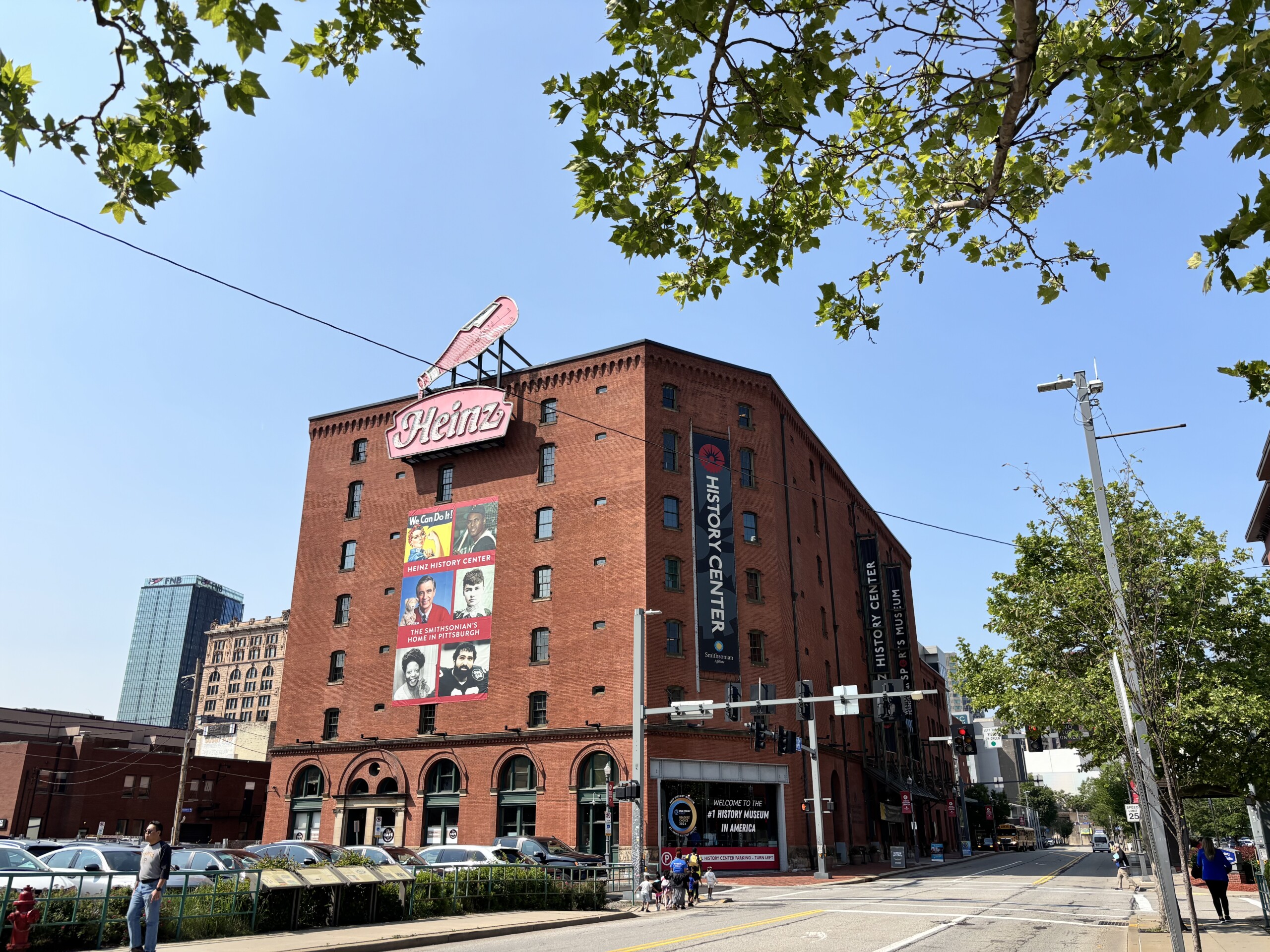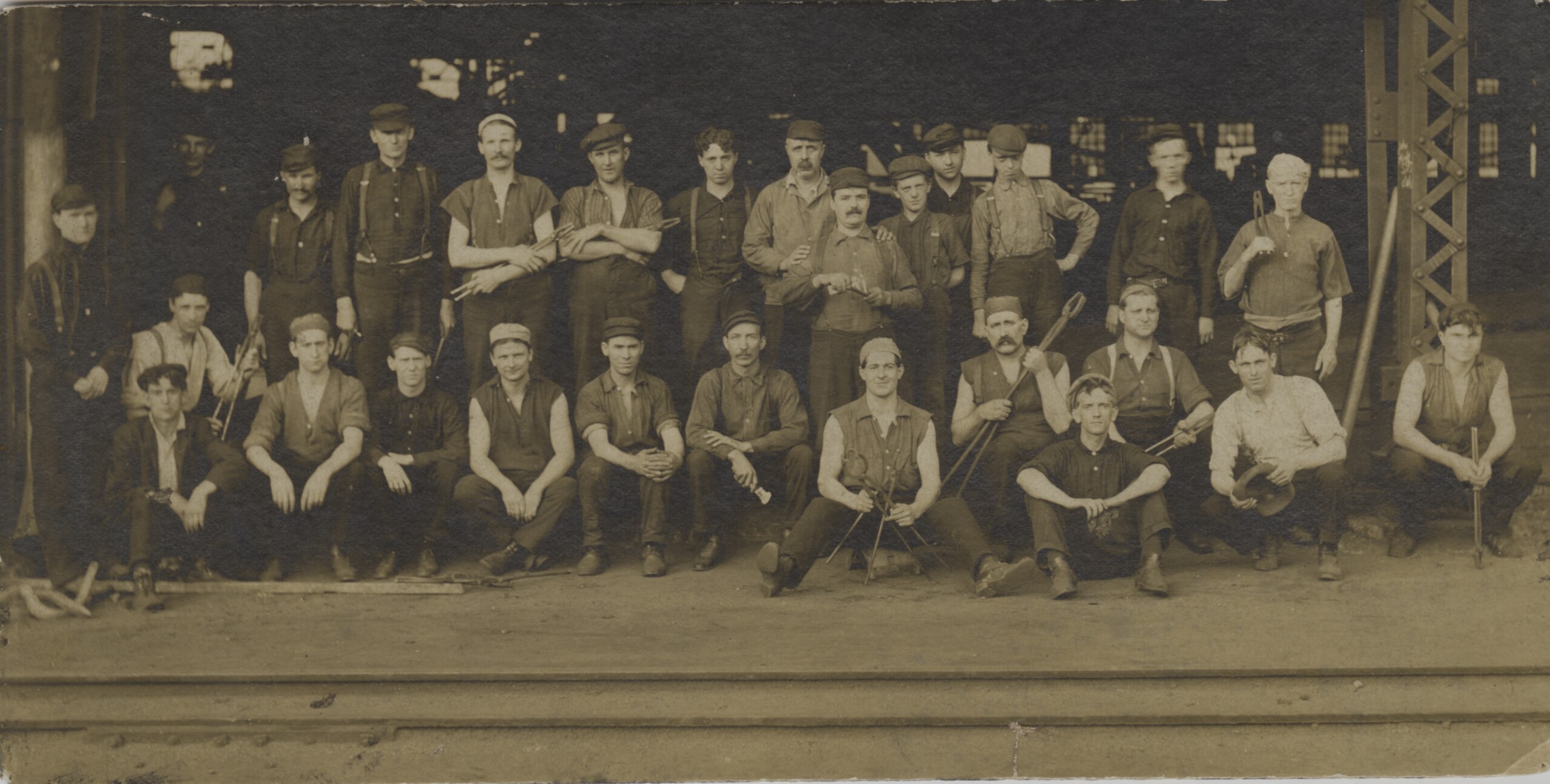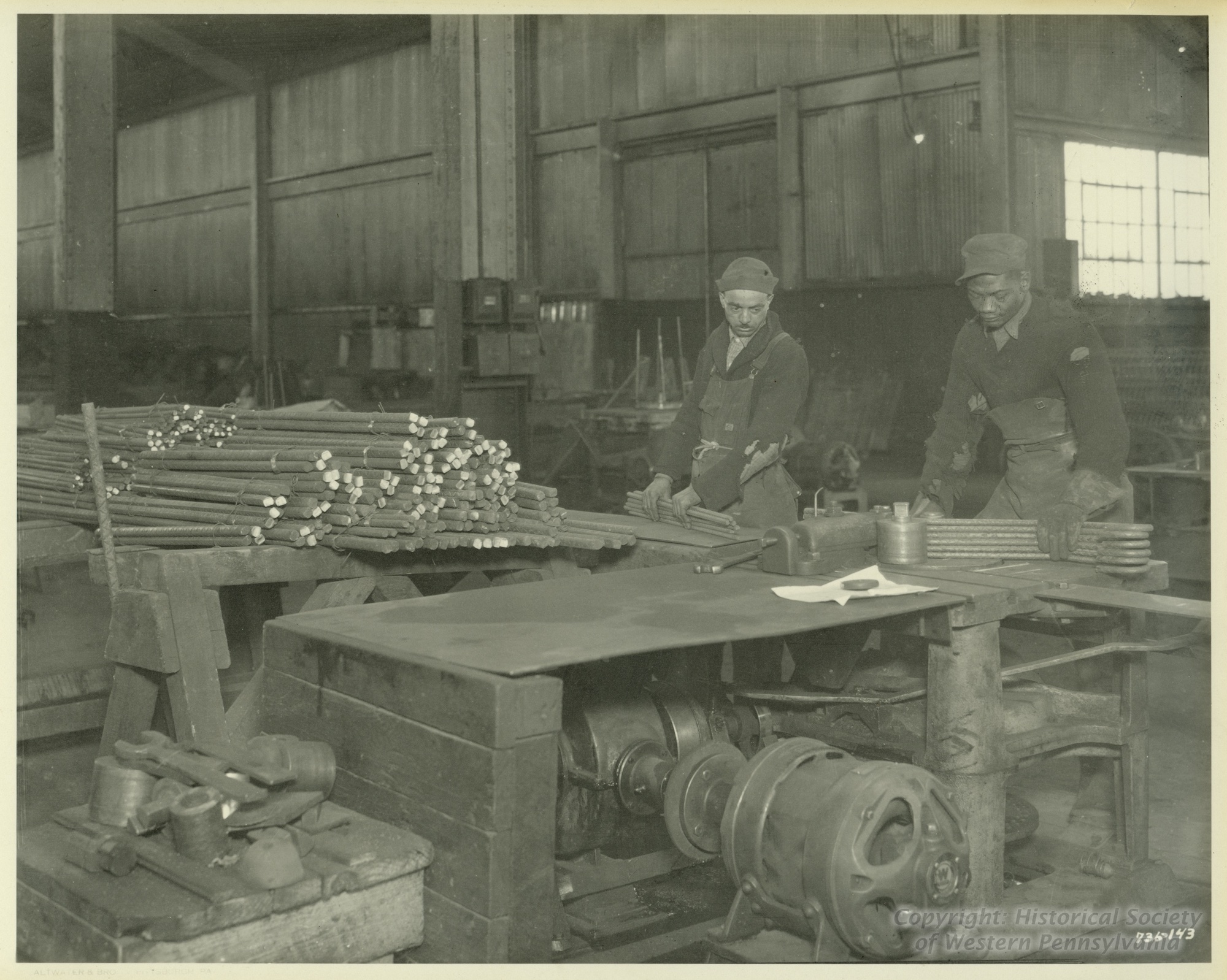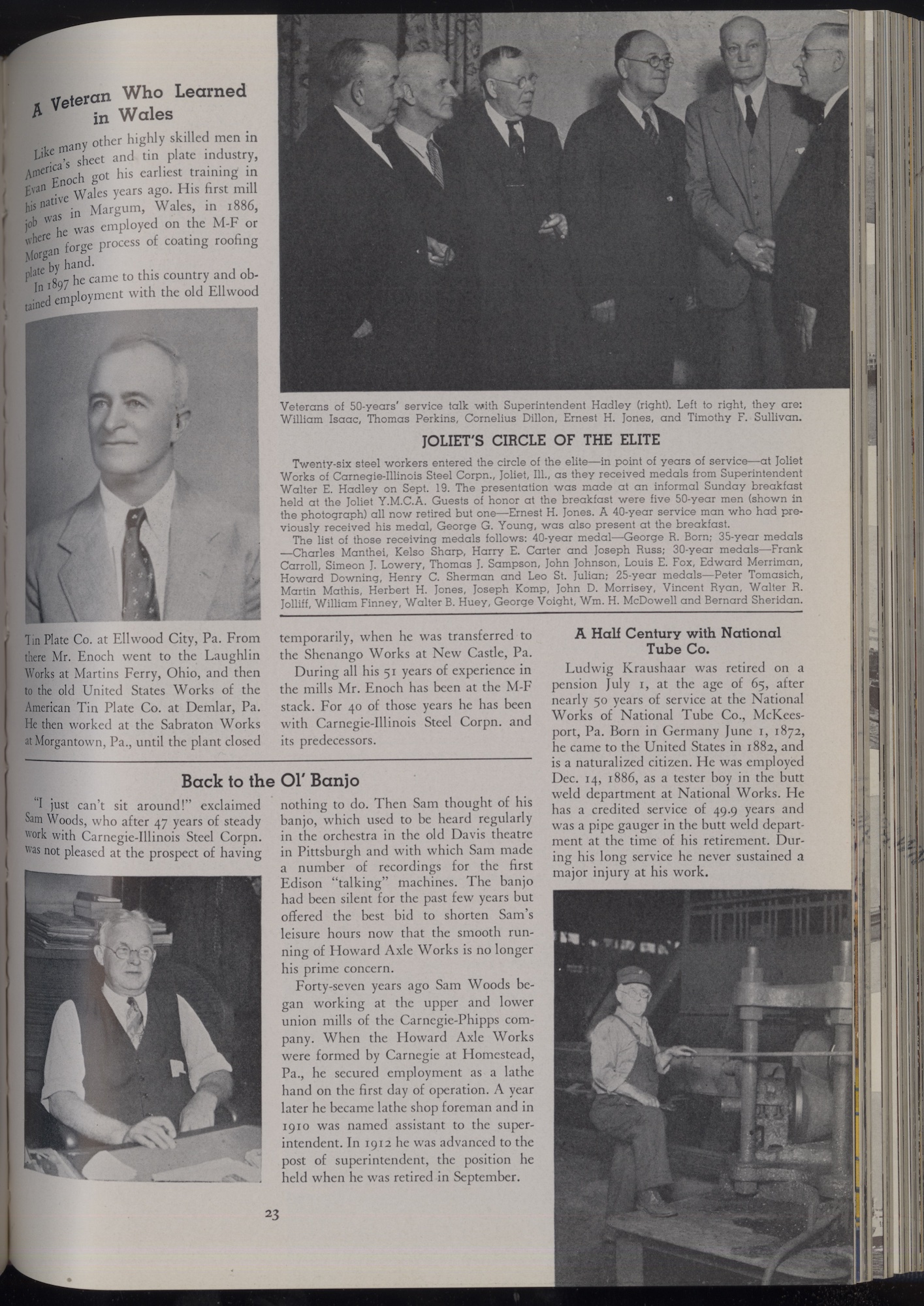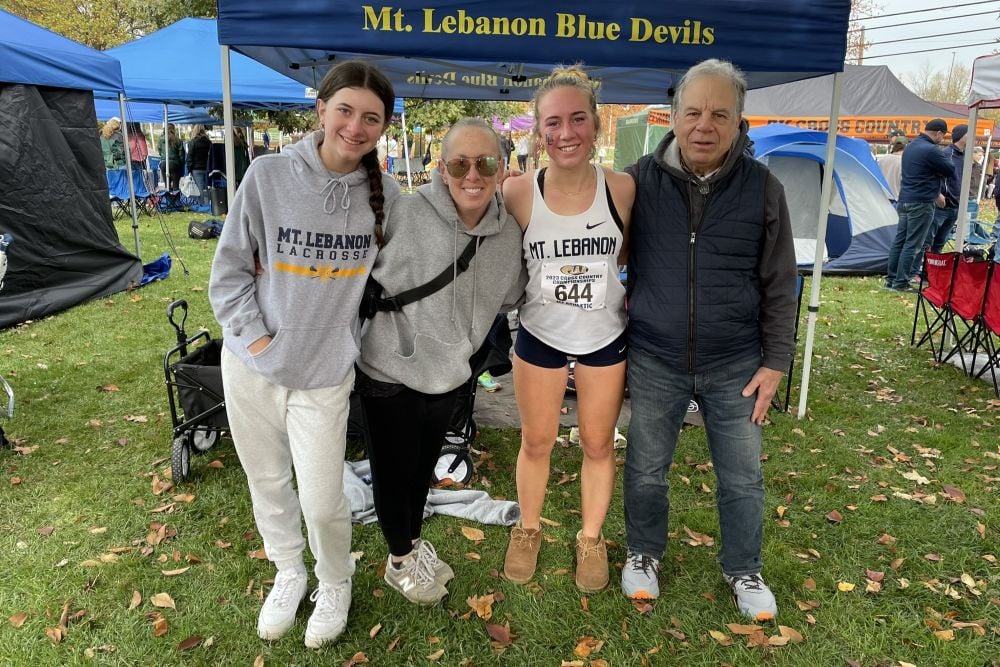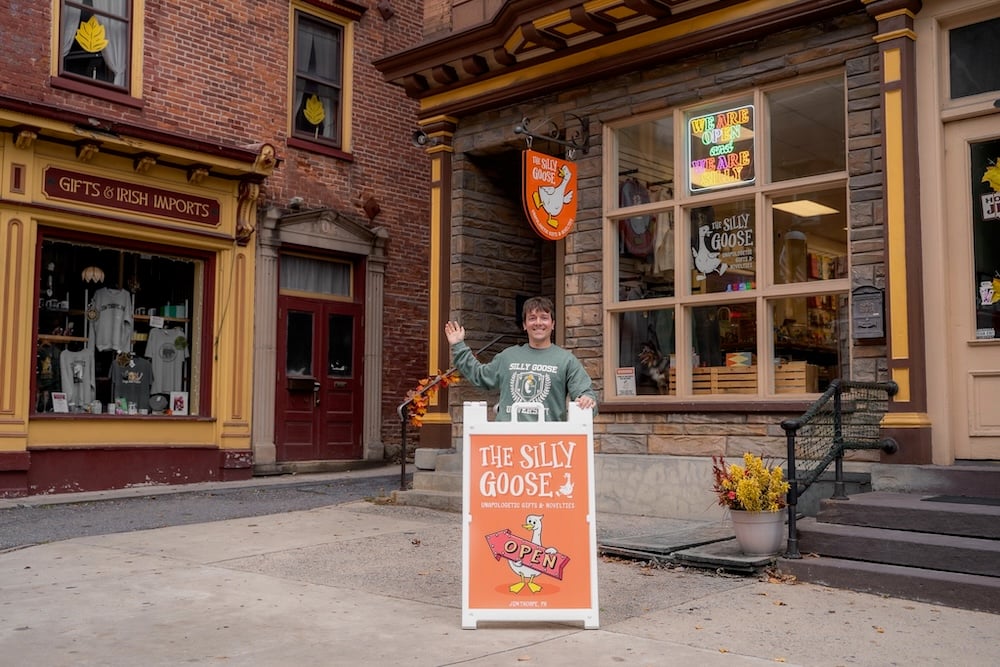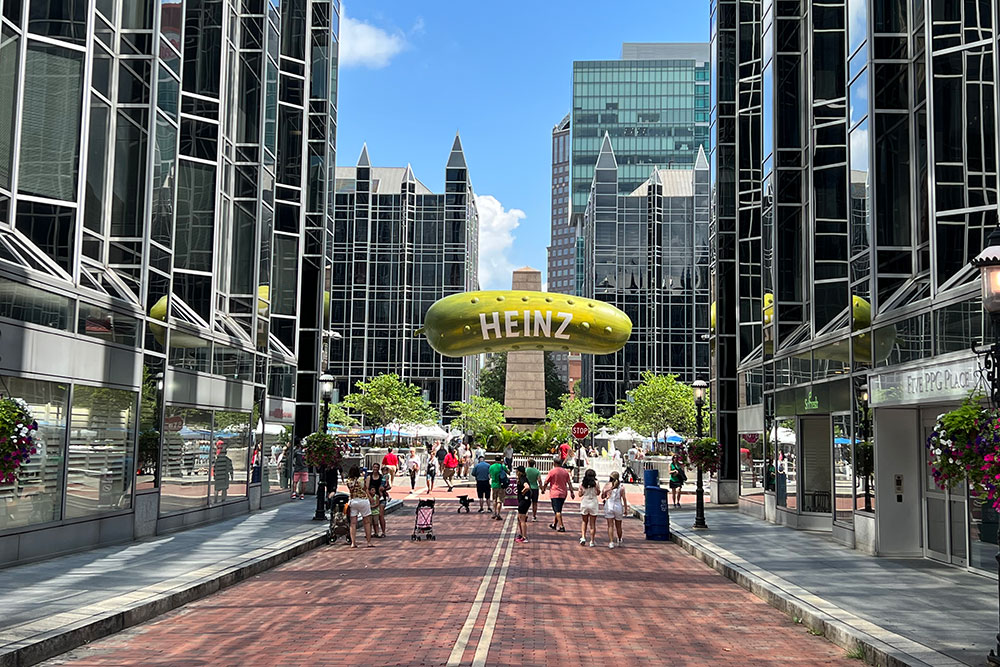Trace Your Blue Collar Roots in Heinz History Center Series
The first workshop on Aug. 12 will look at steelworkers.
The Heinz History Center is giving you the opportunity to find out more about your Pittsburgh ancestors, with the first of many workshops in a new genealogy series on blue-collar industries deep in the city’s lineage.
They are beginning with a staple industry of Pittsburgh — steelworkers — in the center’s first installment titled “Blue-Collar Ancestry: tracing your steelworker roots.”
Kate Townsend, a certified genealogist with a background in investigative research will host the first workshop, on Tuesday Aug. 12 from 6:30 to 8:30 p.m. Attendees also can view the workshop virtually.
The next workshop — one focusing on coal miners — will be scheduled early next year and other topics will follow.
The History Center has worked with Ancestry.com to digitize more than 100,000 files, just from the Jones and Laughlin Steel Pittsburgh Works.
Sierra Green, senior outreach archivist at the History Center’s Detre Library and Archives, said they consistently hear visitors asking about their families and ancestors in Pittsburgh’s blue-collar industries, and they wanted to better serve the demand.
With the new database, and what ancestry.com calls “metadata,” all the information from the records is available online, and is now searchable by individuals’ names.
Previously, all physical files were organized by employee number, making it almost impossible to find specific people in a specific time period.
There are a number of ways to access the files and search for an ancestor, most obviously with a subscription to ancestry.com, but there are free ways as well.
Many libraries have a subscription that patrons can use when they are in the building, and the same goes for the History Center archives. They are free to visit Wednesday through Saturday, 10 a.m. to 5 p.m. and with connection to their IP address, researchers can use ancestry for free.
The workshop with Townsend will give more thorough guidance on how to properly to do this research.
She will display research strategies and show how to find employment files, union records, company newsletters and vintage photographs that are in the History Center’s collection.
The files and other records give way to details about immigration of workers, where they came from and when, and some cases when they returned to their home country. Green gave an example of an Italian man who came from Italy, worked at J&L Steel Works for several years before returning back to Italy. All the information was found in worker documentation.
“This event was designed for people who are curious about their family history, people who have a lot of pride about the history of their family as it relates to the steel industry, people who are interested in the history of the steel industry generally, and also your genealogists who have been at this for a while, but who are interested in learning about different types of records that exist in archives,” Green says about their target audiences for their project.
Green is particularly excited for the glass factory portion of the series, as her father had a lifelong career working for PPG and she even worked with him during her teen years.
She was glad to have had the experience working with her father and understanding the full weight of what his job entailed.
“I grew so much in such a short period of time, and my understanding of what he did every day — he wasn’t necessarily someone who expounded a lot about what his daily work was — and so it really blew my mind initially,” Green says about working alongside her dad.
Even though she only worked in the factory for a limited amount of time she did acknowledge the toll the work took to her body, let alone all of the employees that had been there for years, if not decades.
The impetus of their new historic series is, to Green, about connecting with not just the history of the city, but the history of families, hers included.
“I’m really proud, just looking at my family history. And I think, so many of us, the vast majority of us, if you trace back far enough back, have blue collar roots,” Green says. “For it’s just one generation.”
Admission for Tuesday’s workshop is $5 for History Center members and $10 for non-members.

